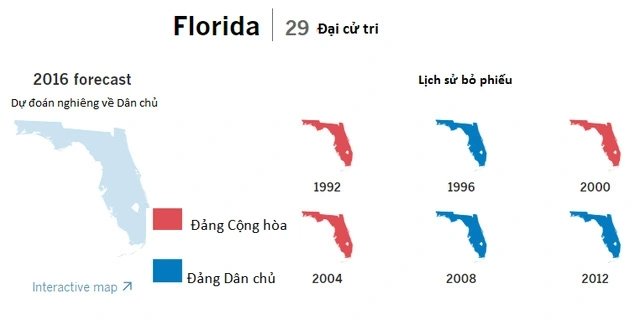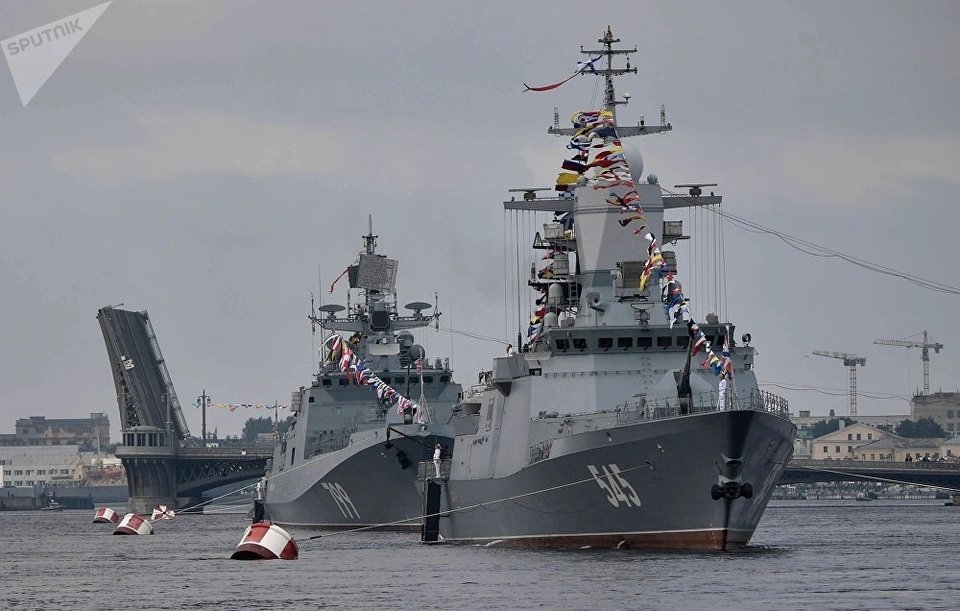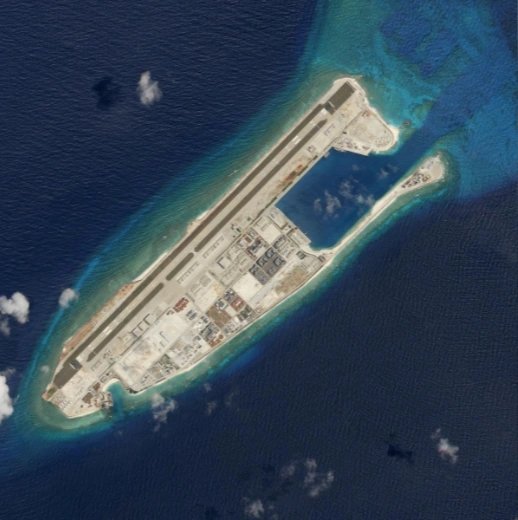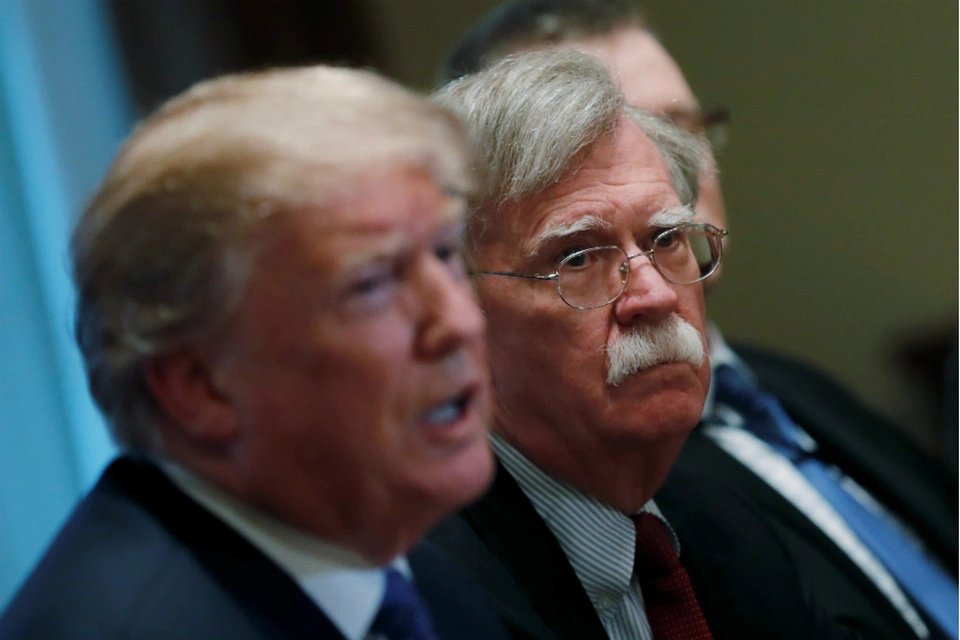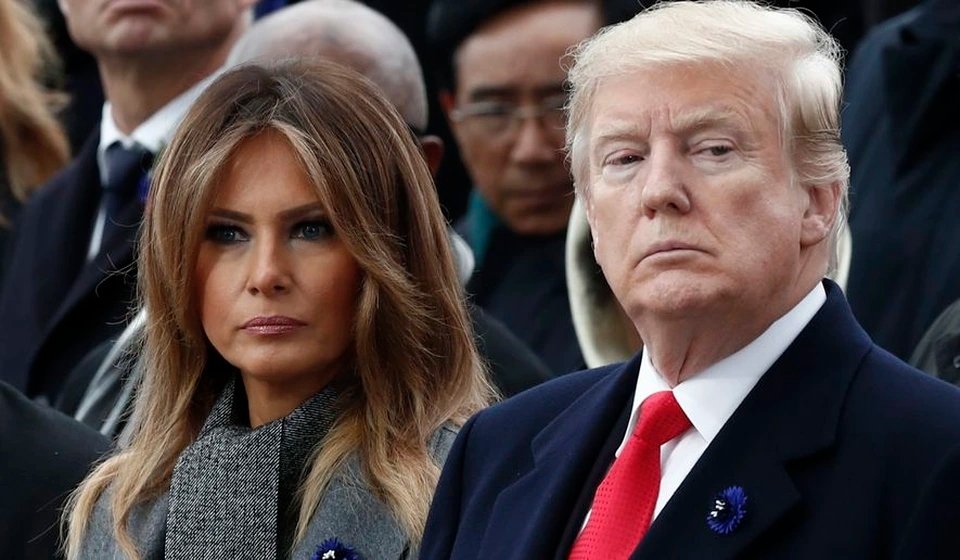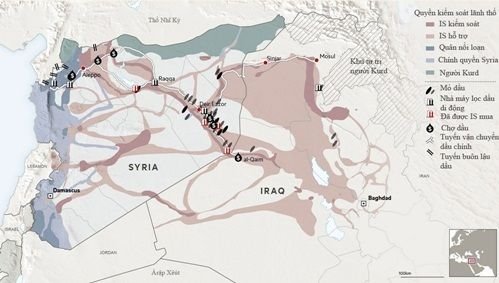
The self-proclaimed Islamic State (IS) controls most of the oil fields in Syria.
Map of IS oil exploitation and consumption.
1. Exploitation
IS’s main oil production area is in Deir Ezzor province – eastern Syria.

Financial Times said it is difficult to determine the exact capacity of oil fields in areas controlled by IS.
Oil prices also depend on quality.
2. Sell oil
Although many people believe that IS depends on oil exports, they profit from selling to occupied territories around northern Syria and the Syria-Iraq border.
The group directly sells most of the oil to independent traders around the field.
3. Oil refineries
Merchants have 3 ways to transport goods.
– One is to take the oil to nearby refineries, suck it out and return it to the oil field.
– Resell oil to traders with smaller means.
– Try your luck by selling to an oil refinery or selling right at the local market.
Most traders prefer to sell immediately and return to line up at the oil fields.

Diagram of oil refining in the territories of IS and Syrian rebels.
Most of the refineries are located in Syrian territory controlled by IS.
These plants produce gasoline and diesel fuel, which are used in generators – essential tools in areas without electricity.
Oil refining is done by local people.
There are some signs that in recent months, IS has returned to refining its own oil.
At IS factories, the old owner is still the owner and appears first.
Traders say IS has its own tankers, delivering crude oil from mines to its refineries on a regular basis.
4. Supply to the market
Once through the refining stage, the finished product will be brought by traders to markets around Syria and Iraq.
Most towns have oil markets for local people to buy and sell.
Markets in IS-controlled territory

Trading at markets in IS-controlled areas.
There are many IS-controlled markets in towns such as Manbij or al-Bab on the eastern outskirts of Aleppo.
Some private markets also levy taxes.
Mosul
In cities controlled by IS in Iraq, such as Mosul, gasoline is sold at mini gas stations with two pumps.
Market of Syrian rebels
There are two types of fuel sold here – the more expensive type that is filtered in IS-controlled areas, and the cheaper type that is filtered locally.
The importance of IS oil in lands occupied by Syrian rebels is one of the reasons the US-led coalition is still hesitant to cut off this group’s trade routes.
5. Smuggling gasoline

Fuel smuggling diagram.
Because IS is only interested in making profits in battle, smuggling to neighboring countries is an attractive business for Syrian and Iraqi traders.
Most smuggling from Syria is done through the Northwest region.
Smuggling vehicles
Boat
When oil prices are high, smugglers pour it into large cans (50-60 liters) and then load it into metal jars or small boats and drag it along the riverbank to Türkiye.
Use pipes
Some towns in Syria and Türkiye also cooperate by burying small rubber pipes underground to transport oil.
Walk
The most common smuggling method is to carry oil cans on your back and walk from Kharbet al-Jawz in Syria to Guvecci (Türkiye).
Horses, donkeys
In areas such as al-Sarmada and al-Rai, smugglers cross the border by mule, donkey or horse.



